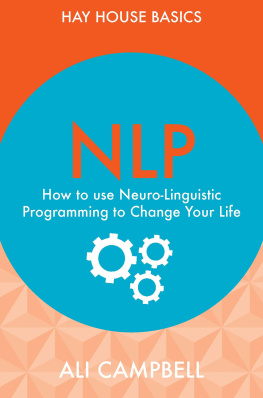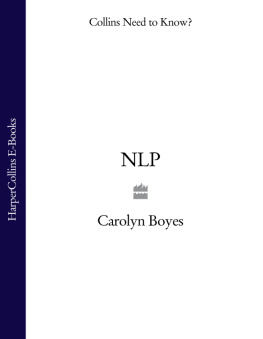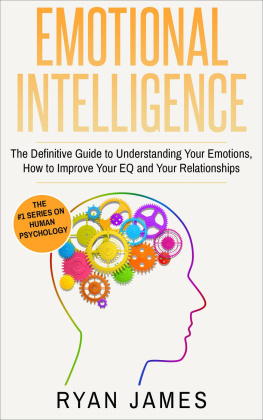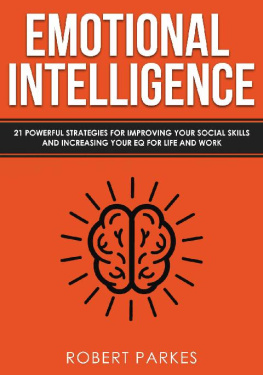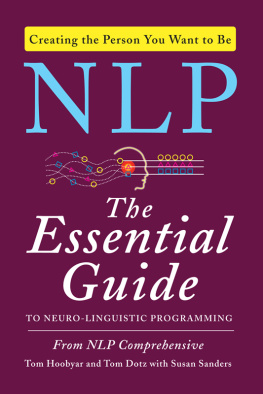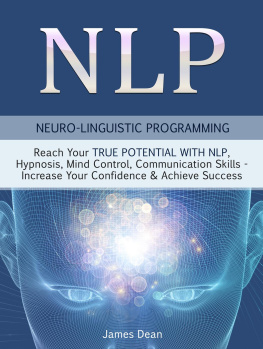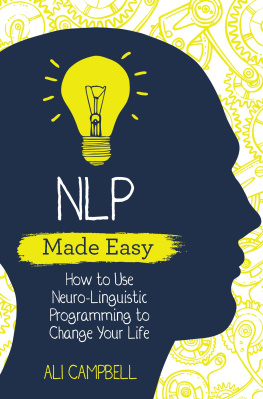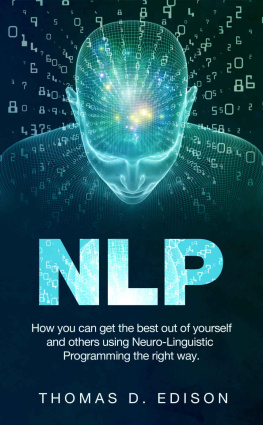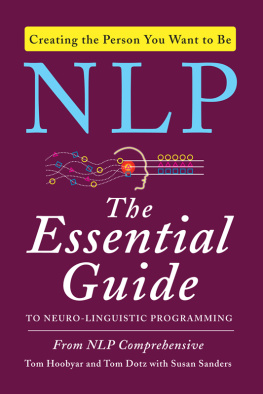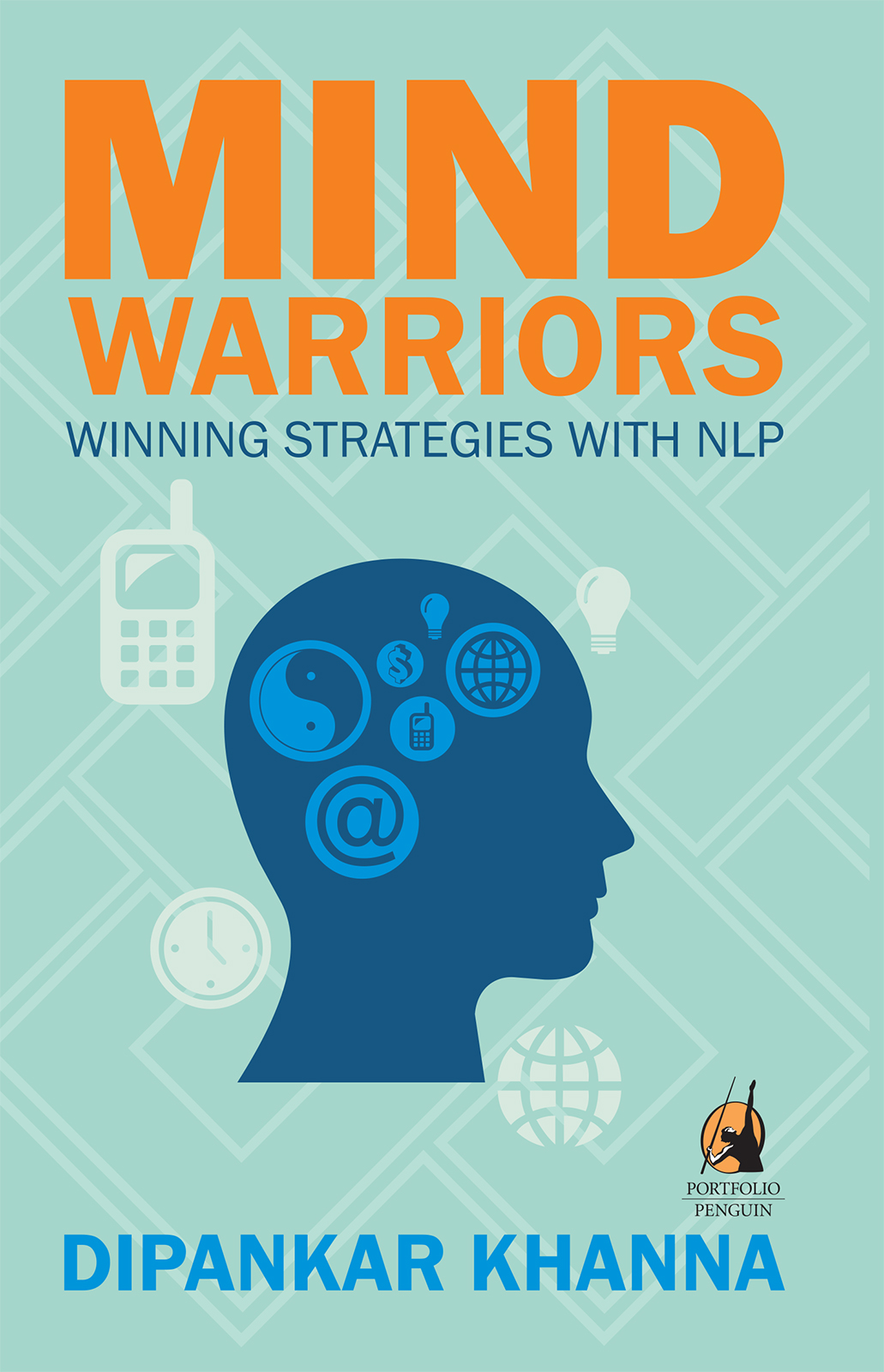Growing up in Mumbai as a son of a Bollywood actor and a businessman Dipankar experienced a need to follow an inner voice that was urging him to embrace a spiritual change. He began his new avataara first as a sadhaka at the Yoga Institute and then as a monk in the Karma Kagyupt sect of Tibetan Buddhism. He was inspired by parallels between Tibetan Buddhist practices, Yoga Psychology and NLP.
Apart from his forays in Eastern mystical traditions Dipankar has a dual NLP Certification as Trainer of NLP and Neuro Semantics from UK and USA. He is also a Certified Meta Coach and Director for India for the International Meta Coaching Foundation.
Dipankar is the Founder-Director of Coregem Consulting a Behavioral Education, Research and Training organization. He also teaches at Srishti School of Art Design and Technology, Mallaya Aditi International School and Drishya, an education-innovation platform for urban poor children. He lives in Bangalore with his wife Anju and has three daughters.
Introduction
Pal-den sa-wai la- ma rin- po-che
Dag-gi chi-wor pe-dai den zug-la
Kha-drin chen-po go-ne je-zung te
Ku-sug tu-ghi no-drub sal-du-sol
(Tibetan Ngondro prayers)
Root Lama of exalted splendour
Who crowns me on a lotus-moon seat
Bestow in your great loving kindness
My body, speech and mind, perfection
(Tibetan prayer from the Uncommon Preliminaries)
Creativity is of the highest order when it transforms. It transmutes day-to-day attitudes into special acts of wisdom. Then stubbornness transforms into doggedness and fortitude, miserliness into thrift, attachment and clinging into love and affection, selfishness into care, concern and universal responsibility for and towards others.
Through thousands of years of human civilization, what have we seen in common when we wish to benchmark human creativity? Whether one stands in awe in front of the Pyramids of Giza, or transfixed in front of the Taj Mahal, the Mona Lisa or the Sistine Chapel, or even feels the rush of anticipated thrill and excitement on entering Disneyland, the common attractor is the power to change and transform. We often describe the effects of these powerful interactions with, Ill never be the same again, and a whole new universe teeming with enchanting experiences and magical possibilities awaits us.
So, in a special way, creativity engages us in serious acts through which we reinvent and reincarnate our thoughts, feelings and beliefs, and create more potent avatars of ourselves. Therefore, in order to become meaningful, the actions that we undertake should also transform. The lead within us needs to transform into gold through a unique alchemical process.
Our life continuously teaches us new lessons. There is no part of our life in which this learning process stops, no matter how old or wise we become. If we are alive, we learnevery breath in every moment becomes the teacher. This is also the way we begin to put together a unique personal philosophy of life, which allows us to see, feel and connect with people, places and objects in our very own way.
I remember, as a five-year-old, trying to reach out to a profound meaning by dropping marbles in a glass of water, imagining them to be the swirling of the earth and heavens. My vocabulary at that age was certainly inadequate to convey what I felt, yet I can recollect it as if it had happened yesterdaythis divine sense of experimenting and experiencing at a higher level of reality.
This exploration took on a more rational basis when my grandfather introduced me to the writings of Swami Vivekananda and, in particular, his commentaries on the Mandukya Upanishad and his exposition of Raj Yoga. Vivekananda was the mystic from India who regaled audiences at the World Congress of Religions at the turn of the twentieth century in Chicago with his famous Sisters and brothers of America speech.
Mind and mental factors, life and death, meditation, contemplation, trance, wisdom, cognition, volition, excellence and genius were terms and concepts that became transformational toys in my life, that I liked to play with, dissect, and fiddle around with. I first got attracted to philosophy, which enticingly drew me towards the nuts and bolts of the mind and behavioural processes, systematized by psychology.
My philosophical roots began to strengthen around the age of fifteen. My memory takes me back to my home in Bandra in Mumbai, Indias financial capital (called Bombay in those days). We lived in Pali Hill, Indias Hollywood counterpart, where a lot of film stars had their homes. I suppose it all started in my room facing the Arabian Sea, framed between the Worli village to the south and the Madh islands to the north. The moods of the sea during the various seasons fascinated meits serenity on a full-moon night, its fury during the monsoons, its glorious sunsets. All these contributed to setting up philosophical frames in my life. My family, connected to Bollywood and a manufacturing business, was another important contributory factor in my philosophical explorations. The ups and downs in family fortunes, and being an integral part of an extremely agile and relentlessly active metropolis, sharpened my sensitivity to life.
The regular stresses and strains of everyday life in a big metro like Mumbai naturally lead a person towards stress. This, in turn, meant a visit to the family physician, who advises exercise, walks, and cutting down on a salt- and cholesterol-heavy diet, and taking up some healthy activity like a sport or yoga. Now this is actually asking a lot as I was busy. I was not only enjoying life (which means an unhealthy diet and lifestyle) but also working really hard in the hunt for success, glory and fame, which are usually defined in terms of material wealth, power and social standingall of which involve gut-wrenching activities full of stress and tension.
When my doctor advised me to slow down, I followed the advice and took up yoga. This was the gateway through which I entered the realm of fortitude and discipline, and extended my philosophical roots towards practical application. Finally I was practising as I preached.
It was sometime in May 1986 that I entered the august portals of the world-famous Yoga Institute, which was founded in 1918 and is celebrating its ninety-first birthday this year. This was my first baby step into the Mind Warrior domain. I began by attending a one-week residential course that extended to a seven-month teacher-training programme. So strong a proponent did I become of the yogic way of life and its psychology and philosophy, that I quit the family business and took up a job with the International Board of Yoga, an associate of the Yoga Institute.
Although I did not realize this at the time, my advent into the world of behavioural processes had begun. The Yoga Institute had thousands of people, from all walks of life, wanting to sort out their lives. Most of them had psychosomatic problems, manifesting in ailments such as asthma, diabetes and heart disease. Others wanted to practice a sustained lifestyle to avoid suffering and illness.


